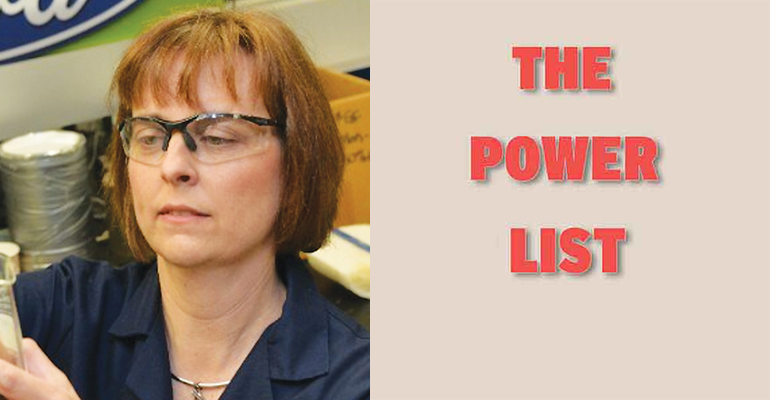Debbie Mielewski has built a career on turning trash into unexpected treasure.
For nearly 20 years as a research scientist at Ford Research and Innovation Center she’s been looking for ways to give waste new life as usable materials for cars.
Her department’s mission to “upcycle” materials took a restaurant-related spin last December, when Ford and McDonald’s announced a partnership to turn coffee bean waste into viable materials for car parts. Under her team’s leadership, headlamp parts for Lincoln vehicles made with chaff, a waste material created by roasting coffee beans, started rolling off the production line.
The partnership has the potential to change how restaurants think about waste. In fact, McDonald’s executives say the move, which is in line with its larger global sustainability efforts, could be a sign of more innovation to come.
“This is just the starting point for us. That’s why we are excited about it,” said Ian Olson, senior director of global sustainability at McDonald’s.
Mielewski has promoted sustainable business strategies since early in her career and fought against indifference from automotive executives in the early 2000s. But over the years, she drew support and her team has since turned rice hulls into electrical brackets and used soy beans to create foam car seat cushions.
A lifelong champion of recycling and reusing materials — she’s an avid recycler and furnished her home with roadside finds — Mielewski says it’s a philosophy that all businesses and consumers should adopt.
“The circular economy is something everyone should be thinking about,” she said.






